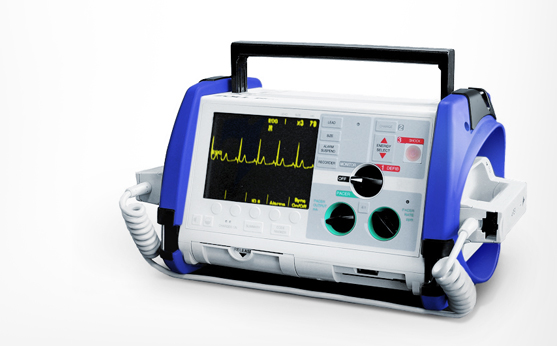
Mark Daniels discusses the impact of President Obama’s misleading statements regarding whether or not Americans can retain their old health insurance under the Affordable Care Act.

Zach Zemlin looks at the medical device tax in the Affordable Care Act and how the new tax may affect the American medical device industry.
I. INTRODUCTION
For some time now, American citizens infected with human immunodeficiency virus (HIV) and acquired immune deficiency syndrome (AIDS)[1] have held a tenuous place amidst the substantively ambiguous concentric circles of the healthcare system, insurance regimes, and the law. Literally and legally, these individuals—despite being engulfed in an epidemiological and often-losing battle for their lives—only have shaky ground, at best, upon which to demand per se protections under the law throughout the various stages of their disease.[2] Unfortunately for them, the economic rationales for health status-based insurance discrimination and the legislative silence on protection under the Americans with Disabilities Act have resulted in a legal “donut hole” that has left many asymptomatic[3] HIV and AIDS sufferers lost in the legal fray, further stigmatized and uninsured with mounting medical costs and no foreseeable economic relief.
However, now that the Obama Administration has instituted major health care reform, both the health care system and the insurance coverage regime will receive a significant overhaul. This Blog posits that, while “Obamacare” reform is no doubt one of the most significant pieces of social legislation of this era, the two laws that define it—the Patient Protection and Affordable Care Act[4] (PPACA) and the Health Care and Education Reconciliation Act of 2010[5]—are both riddled with the same substantive ambiguities that plague their statutory predecessors, and ultimately leave asymptomatic AIDS and HIV suffers unprotected from discrimination.